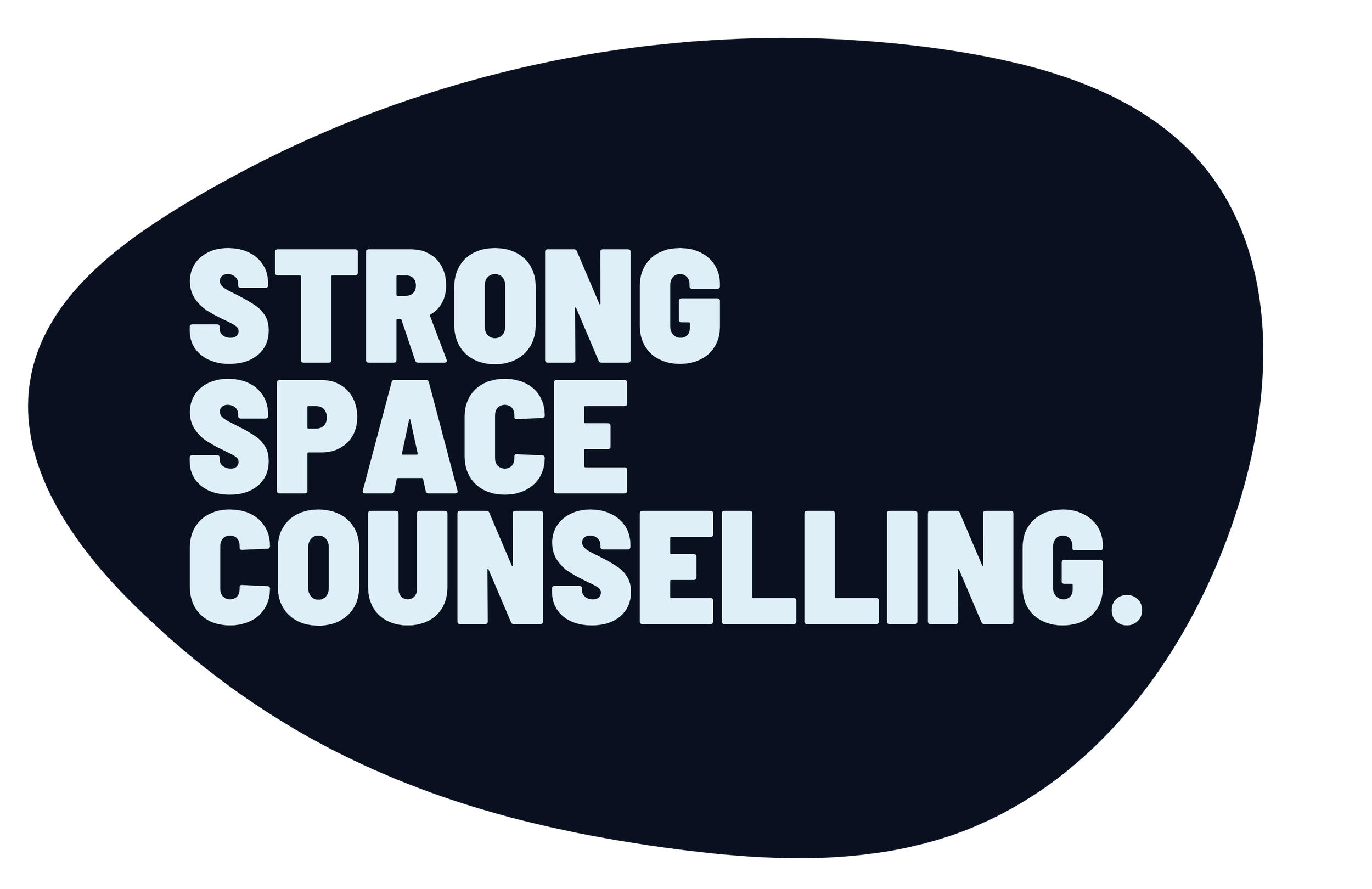What are the Signs & Symptoms of Anxiety?
Anxiety. Incredibly common, but, sadly, rarely addressed. It holds a particularly insidious grip on men, too, as many choose to journey through its shadows in silence due to a slew of outdated social pressures and preconceptions about manhood.
At Strong Space, we recognise that while anxiety is a human experience, its prevalence among men is frequently under-discussed and lacking the appropriate support. The invisible burden, borne in solitude, can deeply affect so many men's lives – at any age – bleeding into their relationships, well-being, work life, and beyond.
In this article, we’ll delve into the labyrinth of anxiety. We aim to provide a firm definition of the condition and demystify its myriad causes, articulating its physical and mental/emotional symptoms. We hope that by shedding light on these aspects, we can provide some understanding and awareness to those affected, offering the first steps on a path of recognition and, ultimately, healing.
Anxiety Disorder: Definition
Anxiety is a natural and human reaction to a range of internal & external stimuli. It’s an evolutionary trigger wired into our very DNA, set to alert us to potential dangers and prepare our bodies to respond. Unfortunately, not every ‘threat’ is life or death, and the intensity/frequency of the response can greatly vary among individuals. For some, anxiety goes beyond its initial role as a protective mechanism, morphing into an overwhelming and persistent presence that shadows every thought and action.
Understanding anxiety as a disorder is to acknowledge that it can be a common emotion experienced by all and a more profound, often debilitating condition affecting a sizeable portion of the population. It's not merely about feeling anxious; it's about living in a state where anxiety dictates one's life, often without a discernible trigger or reason.
Causes of Anxiety
Anxiety can be triggered by a myriad of causes, including:
Stressful Life Events: Job loss, relationship troubles, or the death of a loved one.
Health Concerns: Chronic illness, injuries, or ongoing medical conditions.
Environmental Factors: Overexposure to stressful situations like heavy workloads or family discord.
Genetic Predisposition: A family history of anxiety or other mental health disorders.
Brain Chemistry: Imbalances in neurotransmitters, which regulate mood and stress.
Personality Traits: Individuals with certain personality types may be more prone to anxiety.
While these factors can trigger episodes of anxiety, we must also distinguish between situational anxiety and more chronic anxiety disorders. The definition of each varies, but some examples include:
Agoraphobia: An intense fear of being in situations where escape might be difficult or help unavailable during a panic attack.
Anxiety Disorder Due to a Medical Condition: Anxiety symptoms directly attributable to a physical health problem.
Generalised Anxiety Disorder (GAD): Persistent and excessive worry about diverse topics, often out of proportion to the actual likelihood or impact.
Panic Disorder: Characterised by recurrent, unexpected panic attacks and ongoing concern about having more attacks.
Separation Anxiety Disorder: Excessive fear or anxiety about being apart from attachment figures.
Social Anxiety Disorder (Social Phobia): Extreme fear of being scrutinised or judged negatively in social or performance situations.
Substance-Induced Anxiety Disorder: Anxiety due to the consumption or withdrawal from certain substances, like drugs, alcohol, or medications.
What are the Symptoms of Anxiety?
Anxiety manifests itself in an interplay of both physical and mental/emotional symptoms, each weaving into an individual's daily experience. Recognising these symptoms is a critical step in understanding and managing your anxiety.
Physical Signs of Anxiety
What does anxiety feel like in our body?
Increased Heart Rate: A rapid heartbeat or palpitations.
Excessive Sweating: Often without physical exertion.
Trembling or Shaking: Especially in the hands and fingers.
Muscle Tension: Persistent muscle tightness or discomfort.
Shortness of Breath: Feeling out of breath or smothered.
Gastrointestinal Issues: Such as stomach aches, nausea, or diarrhea.
Fatigue: Despite adequate rest.
Insomnia: Difficulty falling or staying asleep.
Mental/Emotional Signs of Anxiety
What does anxiety feel like in our mind?
Persistent Worry: Often about everyday things, disproportionate to the actual risk.
Irritability: A heightened sense of agitation or frustration.
Difficulty Concentrating: The mind feels clouded or unfocused.
Restlessness: A feeling of being on-edge or unable to relax.
Fear: Intense, irrational fears or dread of everyday situations.
Avoidance: Steering clear of places or situations that trigger anxiety.
Memory Problems: Difficulty recalling recent events or conversations.
Indecisiveness: Struggling to make even simple decisions.
How Do I Know If I Have Anxiety or Just Feeling Anxious?
Discerning between fleeting anxiety and an anxiety disorder is challenging and often requires professional insight into your individual situation. Occasional anxiety is a normal response to life's stresses, but a persistent, overwhelming sense of worry might indicate a deeper issue that needs a personalised treatment plan or anxiety counselling.
At Strong Space Counselling, we understand the unique challenges men face in acknowledging anxiety. We offer a safe, understanding environment to explore these feelings. If you're questioning the nature of your anxiety, we encourage you to reach out to our team today.



